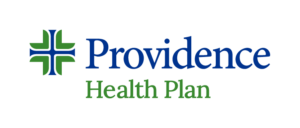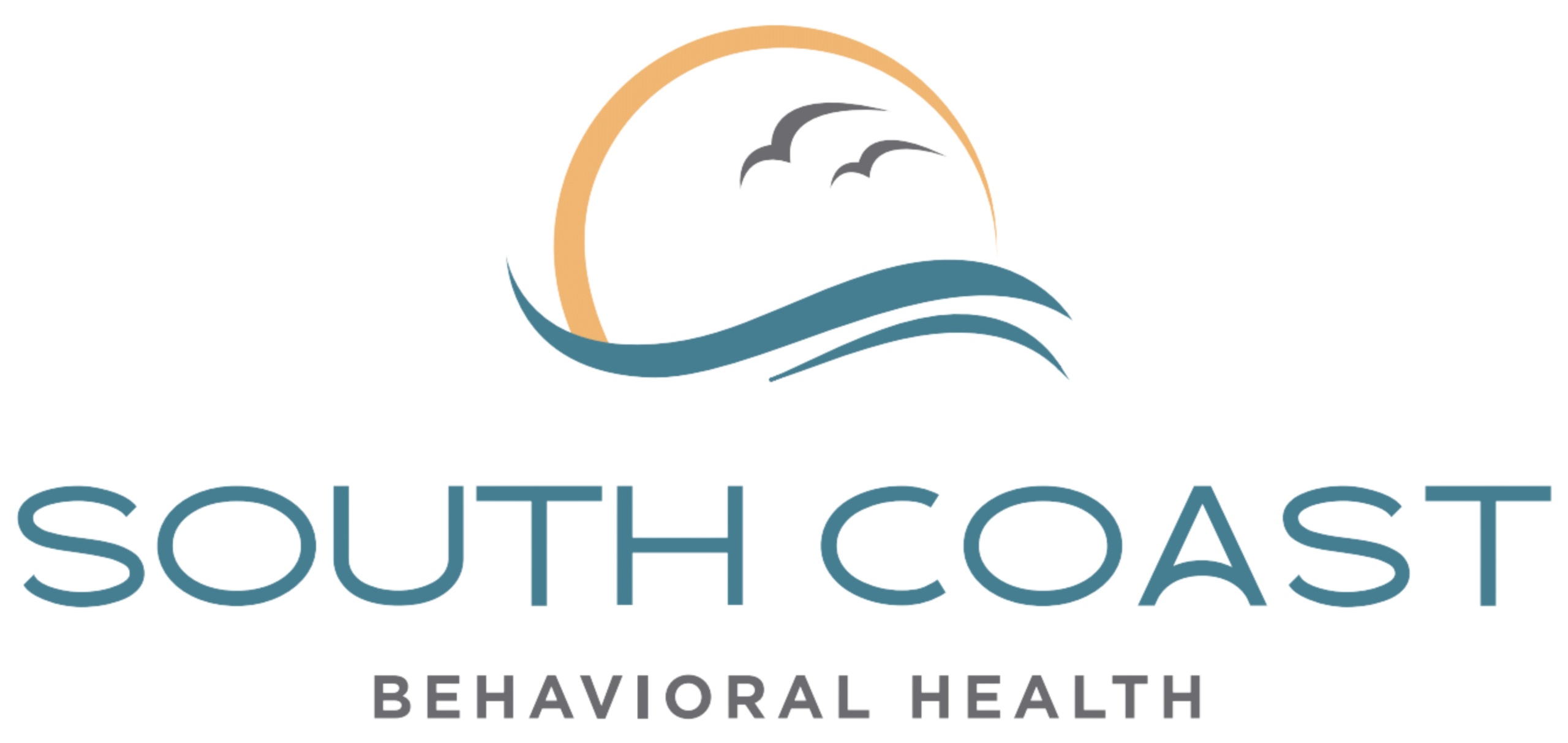Addiction counseling is a specialized form of therapy for those with substance use disorders. The goal is to help people overcome their addictive behaviors by identifying the underlying causes of the addiction, developing coping strategies, and making lifestyle changes to prevent relapse.
Substance abuse causes a variety of problems that may cause people to turn to addiction counseling.
These may include:
-
- Health issues
-
- Damaged relationships
-
- Job loss
Many people with addiction struggle to stop their addictive behaviors on their own, and counseling can provide the support and tools they need to maintain sobriety. This is provided by an addiction counselor.
Addiction counselors are professionals who are trained to help people with addiction. They may come from a variety of professional backgrounds, including social work, psychology, and counseling. Many addiction counselors have special training in addiction and substance abuse, and some have personal experience with addiction and mental health counseling.
In addition to providing counseling, addiction counselors can also provide referrals to other resources, such as medical professionals or support groups.
A professional substance abuse counselor uses a variety of therapeutic approaches, depending on the needs of the individual. One of the most prominent of these techniques is cognitive-behavioral therapy, which helps individuals identify and change thought patterns that lead to addictive behavior.
Additionally, addiction counselors also assist in developing a personalized recovery plan that addresses the individual’s unique needs and circumstances, including any co-occurring mental health disorders like depression or anxiety.
Addiction counseling can be a crucial part of recovery, offering individuals the skills and support they need to overcome addiction and lead healthier, more fulfilling lives.
How Can an Addiction Counselor Help?
Addiction counselors play an essential role in the recovery process, providing a wide range of services tailored to the unique needs and circumstances of each individual they assist.
Here are some of the key benefits:
-
- Assessment — Addiction counselors are trained to assess the severity of a person’s addiction and the impact it has on their life. This includes physical, emotional, and social consequences. Based on this assessment, they can recommend the most appropriate treatment plan.
-
- Therapeutic Support — Counselors provide a safe, non-judgmental space for individuals to explore their addiction. They use various therapeutic techniques, such as CBT, to help individuals understand their addiction, identify triggers, and develop coping strategies.
-
- Treatment Planning — Based on their assessment and the individual’s unique needs, an addiction counselor can create a personalized treatment plan. This can include various therapies, medication, lifestyle changes, and more.
-
- Goal Setting — Counselors help individuals set realistic and achievable goals related to their recovery. This includes both short-term and long-term goals, which provide direction and motivation throughout the recovery process.
-
- Relapse Prevention — Addiction counselors teach individuals how to recognize the signs of a potential relapse and how to take action to prevent it. This often involves developing new coping skills and making changes to one’s lifestyle or environment.
-
- Support Network — Counselors also work to help individuals build a strong support network. This can include friends, family, support groups, or other individuals who are also in recovery. Having a support network can significantly improve the chances of successful recovery.
-
- Referrals — If needed, addiction counselors can refer individuals to other professionals for additional support. This could include psychiatrists for medication, doctors for physical health issues related to addiction, or social workers to help with housing or employment issues.
Addictions that Require Support
Substances that often require professional assistance for addiction include, but are not limited to:
-
- Alcohol: Long-term abuse of alcohol can lead to severe health problems and can be incredibly difficult to overcome without professional help due to withdrawal symptoms.
-
- Tobacco: Tobacco addiction is widespread and can be challenging to quit due to its accessibility and social acceptability.
-
- Cocaine and Methamphetamine: These powerful stimulants can create a strong physical and psychological dependency that often requires professional intervention.
-
- Marijuana: Despite common misconceptions, cannabis can be addictive, and some people may need professional help to quit.
Remember, the need for professional assistance doesn’t depend on the type of substance alone but on the severity of the addiction and its impact on the person’s life.
What Happens in Addiction Counseling?
Addiction counseling is a structured process where a certified professional counselor works with a person to help them overcome their dependency on substances or addictive behaviors. The aim is to aid them in achieving and maintaining abstinence, enhancing their quality of life.
Before addiction counseling can begin, the person first needs to admit they have a problem and is open to seeking help. After that, the process can occur in a variety of settings such as outpatient clinics, residential treatment facilities, or hospitals. Treatment can be as often as required, ranging from a few hours a week to 24 hours a day.
Bear in mind addiction counseling is not a quick fix. It is a journey that requires patience, commitment, and perseverance. With the right support from a skilled counselor and a suitable blend of therapeutic techniques, individuals can overcome addiction and reclaim control of their lives.
Types of Therapies
Addiction counseling generally employs a range of therapeutic strategies.
These include:
Cognitive-Behavioral Therapy
One of the most common is Cognitive-Behavioral Therapy, which helps individuals identify and challenge unhelpful thought patterns that lead to addictive behaviors. It equips them with effective coping mechanisms to deal with triggers in their environment.
Individual Therapy
Individual therapy, also known as one-on-one therapy, is a cornerstone of addiction treatment. In this context, the therapist works closely with the individual in a confidential setting, allowing them to delve deeply into the underlying issues that contribute to their addiction.
This format enables the person to explore personal challenges, feelings, and experiences that they may not feel comfortable sharing in a group setting. It offers a personalized approach, where the therapist tailors treatment strategies to match the unique needs and circumstances of the individual.
Group Therapy
Group therapy is another significant aspect of addiction counseling. These sessions bring together individuals who are battling similar issues, creating a supportive and understanding environment that can make it easier to open up about personal struggles. It also provides opportunities for individuals to learn from others’ experiences and coping strategies.
Therapy for Trauma
Trauma therapy helps the individual understand the connection between their traumatic experiences and their current behavior, including their substance abuse. The aim is to help them process and reframe traumatic memories, reducing their impact and influence on present behavior. By addressing and healing past traumas, individuals can significantly improve their ability to cope with addiction and reduce the likelihood of relapse.
Get confidential help from our addiction treatment specialists in Orange County. Call to join our rehab program today!
Call 866-881-1184Addiction Counseling at South Coast Behavioral Health
For those struggling with addiction, South Coast Behavioral Health offers compassionate and affordable addiction counseling overseen by a skilled substance abuse counselor, case manager, medical professionals, and more.
The first step is going through a medical detox. Our medical detox program in California is staffed by caring and compassionate professionals who can provide you with medications to manage your withdrawal symptoms.
At South Coast, we take pride in offering care that is closely tailored to specific issues. To that end, we offer gender-specific detox programs, with medical detox for men in Irvine, CA, and medical detox for women in Huntington Beach, CA.
After detoxing, proper treatment can begin.
Treatment for substance abuse takes place along an entire spectrum of care. Along that entire spectrum are various behavioral therapies, support groups, and the use of medically-assisted treatment (MAT).
These levels of treatment are, in order, as follows:
Residential Treatment in California
After successfully completing medical detox, you’ll receive inpatient treatment in Orange County California. There, you’ll receive medically-assisted treatment and dual diagnosis treatment to deal with any cravings or co-occurring mental health issues you may be battling. We also offer residential treatment facilities in Costa Mesa, Irvine, and Huntington Beach for those who desire gender-specific treatment. There, patients get round-the-clock medical attention and monitoring while living at the institution full-time.
In addition to individual and group counseling and medication management, you’ll also have access to leisure activities and family support services.
Partial Hospitalization in California
Most clients start substance abuse treatment with South Coast in our residential treatment program. After completing that, many desire something that still provides structure and support, but with extra space and time to oneself. For that, we offer Partial Hospitalization in Newport Beach.
A step down from inpatient care but with more structure than conventional outpatient programs, partial hospitalization offers a good balance for those looking to ease back into normal life. Clients can receive care five to seven days a week for a number of hours each day, returning back to their homes in the evening.
This way, they can recover without putting their daily lives completely on hold, receiving intense therapeutic interventions like group and individual therapy, skill development, and medication management as necessary.
Intensive Outpatient Treatment in California
For those leaving inpatient residential treatment or partial hospitalization, intensive outpatient programs (IOP) are yet another gradual step forward on the road to recovery.
With a focus on group therapy, individual counseling, and education, clients undergoing Intensive Outpatient Treatment in Newport Beach can meet three to five days a week with each session lasting three hours. This level of care requires the least amount of attendance at a facility while providing ongoing addiction counseling.
Looking for quality substance abuse treatment that’s also affordable? South Coast accepts most major insurance providers. Get a free insurance benefits check now.
Check Your CoverageGet Started Today
Alcohol and drug counseling can help you. If you or a loved one are struggling with substance addiction but wonder how long addiction counseling takes or have other questions, call us at 866-881-1184. Our highly qualified staff will be happy to help give you an idea of what to expect from your addiction recovery timeline, help verify your insurance, and assist with any other questions you may have. Our treatment programs and trauma therapies can help with relapse prevention for you or your loved ones.
























